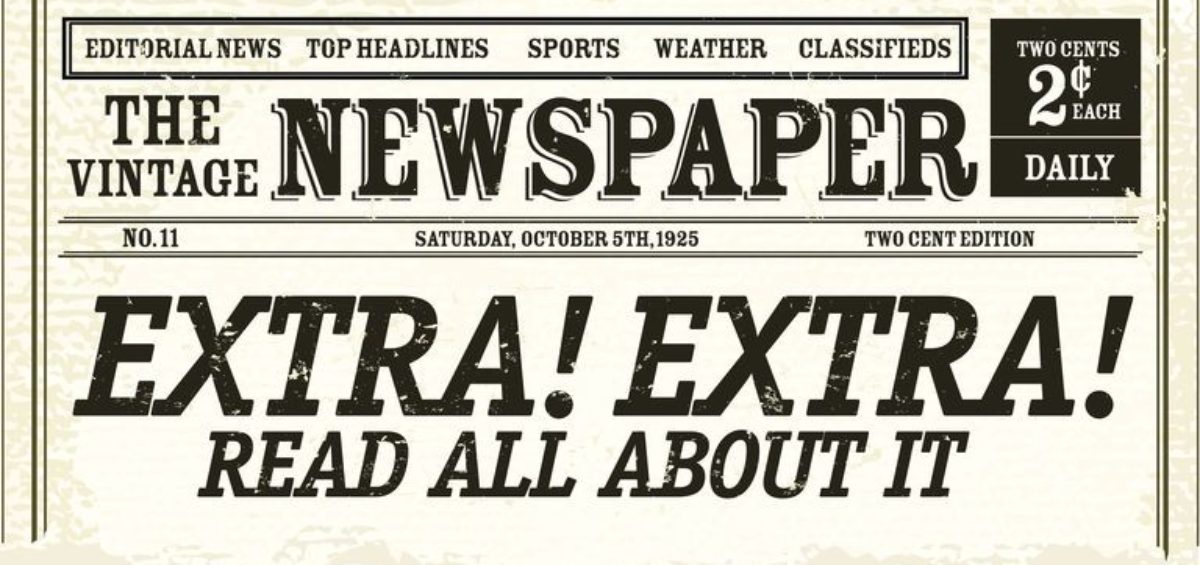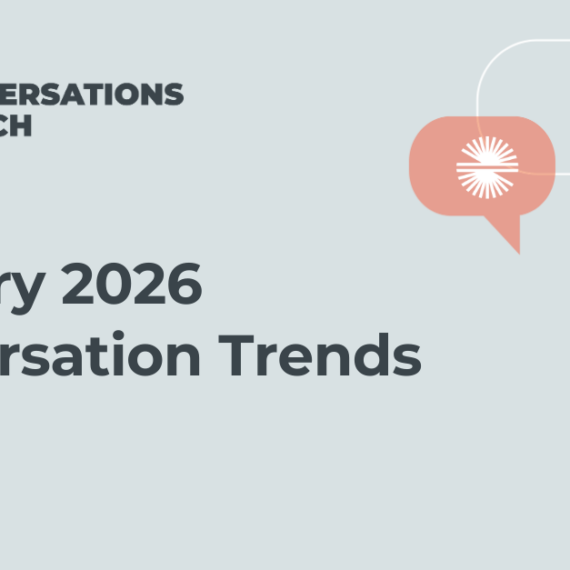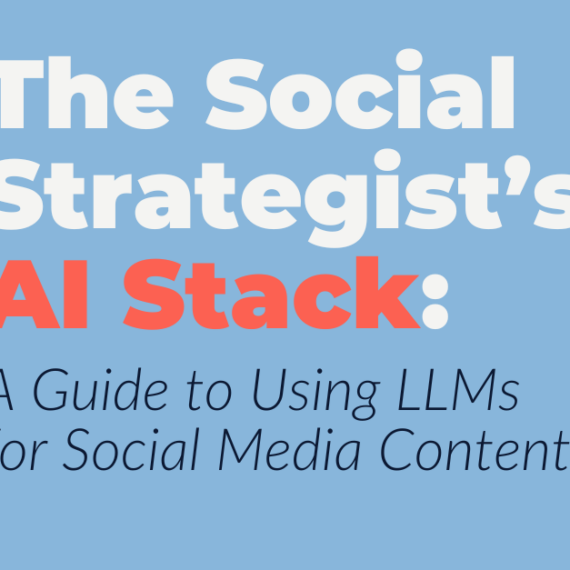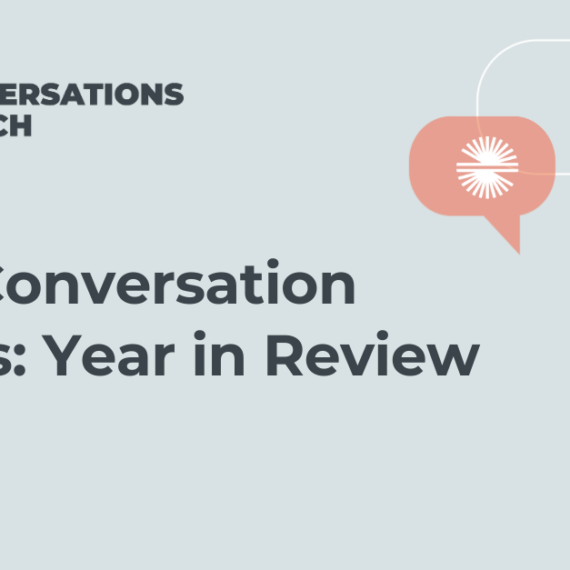I recently helped my folks pack up and move to a new place. During the packing and purging of decades of accumulated stuff, my Mom invited me to peruse the bookshelves and take anything of interest—one of my picks was Deadline Artists, an anthology and celebration of some of America’s greatest newspaper columns throughout history. As the editors noted in their introduction, “the improvisational nature of the newspaper column is what sets it apart,” the “near miracle” that great and lasting stories can be composed under punishing deadlines.
That got me contemplating the value of deadline artists in the context of today’s business communications. Your corporate blog or latest executive byline may not necessarily be captivating readers a century from now, but most professional communicators inherently understand the value of writers (and other content creators) who can produce great work under seemingly impossible deadlines.
In the world of enterprise technology, it can be particularly challenging given complex subject matter, highly opinionated executives and experts, and/or convoluted organizational processes or politics. But speed can be crucial in conferring a competitive advantage or mitigating an issue, from responding quickly to a crisis or locking in the first in search result relative to a breaking news event that matters to your stakeholders.
So, do you have deadline artists you can turn to when you need great content, now? People who can:
- Find the story that others can’t. Deadline Artists mentions Jimmy Breslin’s classic column about JFK’s grave digger, “It’s An Honor.” Do you have deadline artists who can find the stories that others don’t see? So many tech companies are replete with stories about people and challenges, failures and breakthroughs that don’t fit the normal press release or product-as-hero templates. You just need the storytellers who can find them.
- Kill the ideas that won’t break through. Deadline artists don’t have the time or patience for corporate speak or the typical niceties of hour-long gabfests. They cut to the chase. “That’s not interesting.” “There’s nothing compelling here.” “Who’s the expert and can we get them on the phone, now?” They take over and drive the conversation where it needs to go. If you don’t have people like that, you need them—and you need to protect them if they whack a few noses out of joint in the process of getting the job done.
- Tap sources outside of your usual orbit. No matter how many geniuses you may have in your employ, deadline artists understand there are more smart people outside of your organization than inside. They know them, or they know how to find them, and they tap them to provide additional perspectives and context that can make your content that much more valuable.
- Capture someone else’s voice. America’s great newspaper columnists wrote in their own voices and styles and enjoyed the fame that came with their own bylines. Your deadline artists might sometimes publish under their own names; but more likely, they are ghosting for someone else. It takes a keen ear and a master craftsman to capture someone else’s voice, particularly without the luxury of time and multiple revisions.
- All while doing it with style and grace. I recently had lunch with a former client. He was very complimentary of his current PR agency, with one caveat: the dearth of good writers. It’s a common refrain. To write with clarity and style is tough even with the benefit of time—to turn out lapidary prose with a metaphorical gun to your head is rarer still.
I tend to believe deadline artists are born with a proclivity to clear communications generally and often writing, specifically. But I also think that the ability to produce consistently great content under deadline comes from sharpening those talents against the grindstone of years of hard work and practice. In my current gig, I certainly see “deadline artistry” when working with our team of staff and freelance journalists—folks who’ve spent years with the singular mission of cranking out great content, day-in and day-out.
So, does your team include deadline artists? I’d love to hear.






